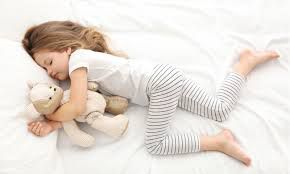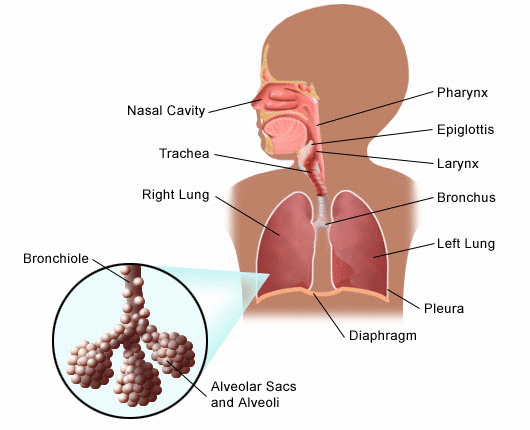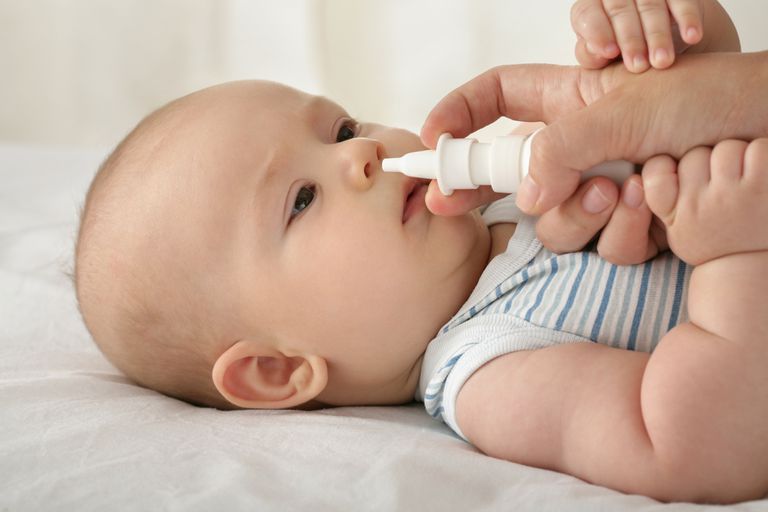Kids noses: keep them clear!
- 16 April 2019
Does your child or a child you know mouth breathe? Have asthma? Have a blocked nose?
 Read on to save their health and your sanity.
Read on to save their health and your sanity.
Recently, Dr Umakanth Katwa met with Scott and Tania at Breathing Works to check out our clinic and discuss our work. Dr Katwa is the director of the Sleep Laboratory at Boston Children’s Hospital at Harvard Medical School. After talking about breathing generally, he also discussed children’s breathing health and sleep, a subject which he is very passionate about. Dr Katwa is convinced that if we could keep kids nose’s clear, and keep them nasally breathing, we would avoid so many of the secondary problems that he sees in clinic. We couldn’t agree more!
My child snores at night
Firstly, if your child is snoring at night they need to be seen by a Doctor. This is not normal and may mean they have Obstructive Sleep Apnoea or Sleep Disordered Breathing. OSA is a narrowing of the airways at the back of the nose and throat that may cause noisy breathing or pauses in the child’s breathing. OSA can have serious health consequences so get it checked out.
Mouth breathing in children
Mouth breathing can lead to a whole host of complications from oral and dental issues to chronic chest and ear infections. Mouth breathing can be caused by enlarged tonsils or adenoids, or an obstruction in the nose. It can also be habitual – if the child has a cold for example, they can get used to mouth breathing and this then becomes the new normal way to breathe. Many kids who have asthma learn to mouth breathe as it is easier for them to get the air out, however this is a poor strategy for them long term. Kids who mouth breathe have literally no barrier to between their lungs and bacteria/viruses in their environment.

Why is the nose so cool?
The nose:
- Purifies the air by releasing nitric oxide which is a potent steriliser
- Filters the air using tiny hairs to remove dust, pollen and bugs
- Warms and humidifies the air for the lungs to reduce irritability to cold and dry air
- Nose breathing is responsible for proper facial development in children
Our top nose health tips! This applies to everyone...
- Saline: use a saline nasal spray when the child’s nose is runny or blocked. This will help loosen any plugs make it easier to clear the nose. Older children can learn to saline rinse with a bottle if they have allergies or a chronic nose infection. You can buy saline sprays/rinses from your pharmacy.
- Keep hydrated: when the child has a runny nose, get them to drink lots of water – this will help to thin out the snot.
- Clear the nose: For children too young to blow their own noses effectively, use a nasal aspirator to suck out mucous. In our family we call this “snot sucking!”. When the child has a blocked nose, this should be done several times per day to help keep clearing the nose. This will prevent the inner ear becoming blocked or the mucous dripping down into the lungs (everything is connected!). This reduces the chance of lung or ear infections developing.

